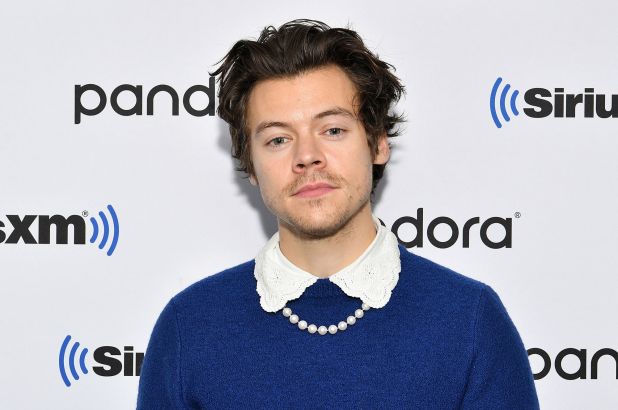When I was 14, bands like One Direction and 5 Seconds of Summer were at their peak. Their newest singles, rumours, and even the members’ personal lives were dissected in detail at school. But I rejected all of this in favour of alternative music; Paramore, A Day to Remember, and even heavier stuff like Architects. Being part of the alt scene was seen as something special, even superior to liking the popular music that it seemed everyone else listened to. But why did I feel like my peers were inferior because of their music taste?
The concept of being ‘not like the other girls’, identified by the internet, has risen in recent years, notably as a part of fourth-wave feminism. Distancing yourself from what you perceive to be the norm is still a part of culture now, and often a key part of discovering identity in younger years, but when it comes at the cost of shaming others, like it did with me, it becomes toxic. And this is exactly what is meant to happen.
Now, things are completely different. I’m twenty years old, I’m the first person to admit that I’m a huge pophead, and I’ve even built a reputation at The Gryphon as their resident Taylor Swift expert.
But the media are pulling the real strings. Putting acts in the spotlight, putting pressure on them to conform to the standards society as a whole sets for them, makes them more conventionally acceptable – both musically and image wise. Musicians like Harry Styles and Swift have in recent years undergone significant changes in both image and style to large degrees of success, but not without a huge fanbase already behind them.
By promoting them with excessive coverage, newspapers enable popular acts to reach even more people, therefore increasing their fanbase. But these same publications will then go on to criticise acts and their fans, making them out to be overdramatic (often ‘screaming’), while singers like Taylor Swift are reduced to someone who sings exclusively about her current and past relationships. Ironic, considering Paramore are known for tracks such as ‘The Only Exception’, ‘Still Into You’, and ‘My Heart’. Perpetuated by misogyny, the endless cycle of shaming popular female singers for writing about love is misplaced, especially after being so devoted to Ed Sheeran for the past 10 years. Love is a near-universal experience, one we all understand and desire, and none more than teenage girls. A combination of hormones, puberty, and teenage insecurity creates a culture where young girls need to be validated.
This is where the boyband comes in. A group of conventionally attractive young men are bound to be appealing to young girls, and their songs are designed to play into this: ‘You don’t know you’re beautiful’, ‘I got your name tattooed in an arrow-heart’. By singing directly to the listener, this is a confidence boost, and teenage girls experiencing puberty, acne, first loves, and first heartbreaks will all find comfort in the idea that their favourite band is singing directly to them. Boy bands also allow for the development of identity simply by attaching yourself to a particular member – were you a Harry girl? A Michael girl? These labels helped shape the teenage years of many across the world, exploring themselves through a group that they idolised.
So why does society discredit teenage girls as music fans so much? This is the same group that pushed for streaming and buying parties, that contributed hugely to songs like Lady Gaga and Ariana Grande’s ‘Rain On Me’ being the first female collaboration to debut at #1 on the US Billboard Top 100. From controlling the charts, fans have also been using their force for good: k-pop stans flooded the #WhiteLivesMatter trending topic on Twitter with fancams, successfully drowning out racists. The fan community is a place where many build online friendships, interact with their faves (Taylor Swift is known for inviting fans she sees on social media to her album ‘secret sessions’), and most importantly hype each other up to build the self-love that can seem absent in a world dominated by the desire to change our appearance.
After falling victim to the idea that pop music wasn’t as valid as lesser-known genres, I’m thrilled to say I’ve seen the light. ‘Blank Space’ was a cultural reset, ‘Drag Me Down’ is a bop. Popular music is popular often for good reason. And most of all, teenage girls are the irreplaceable backbone of pop, despite what the media tries to sell us.

